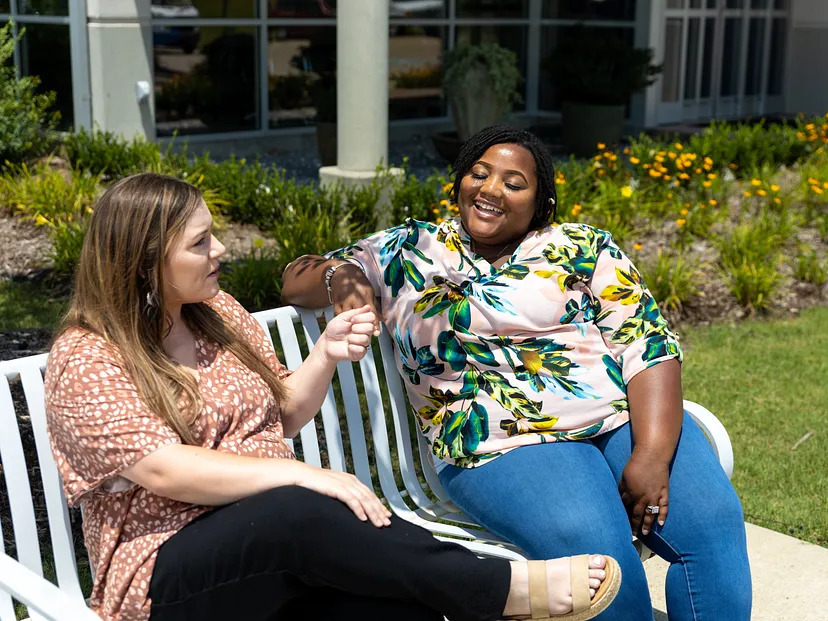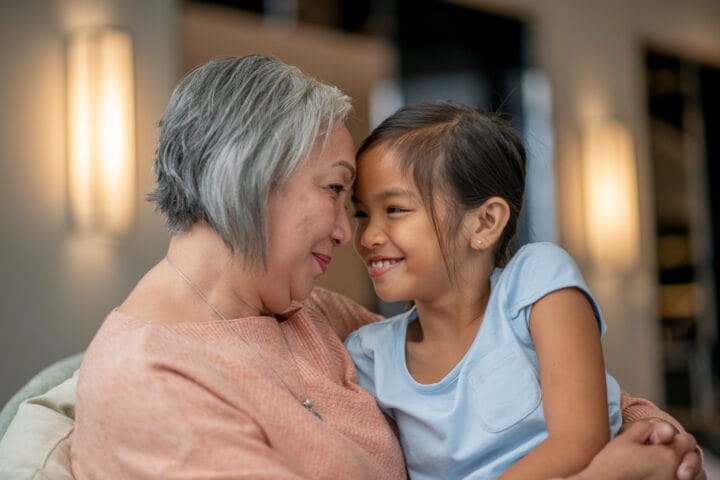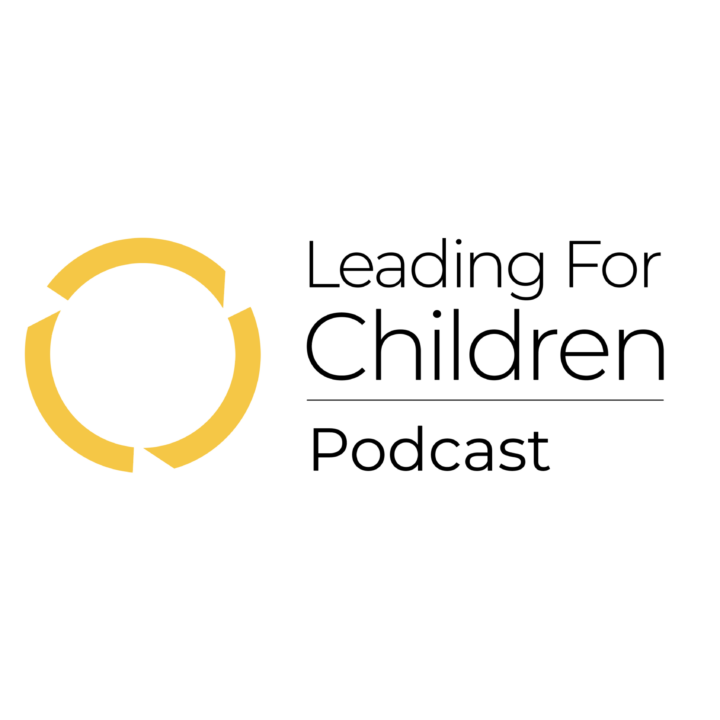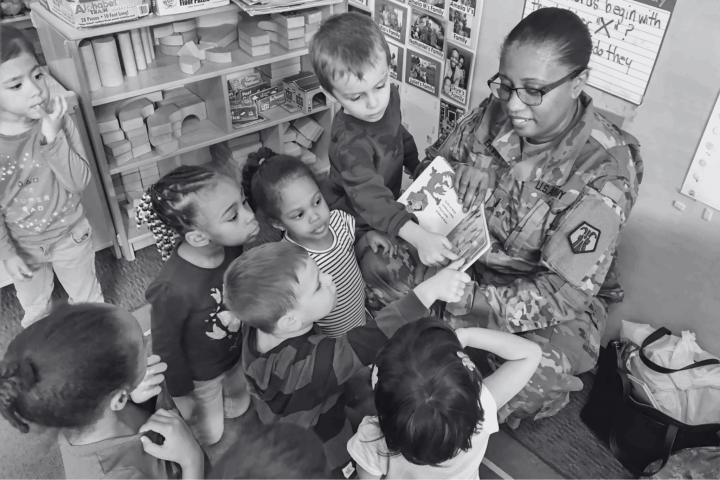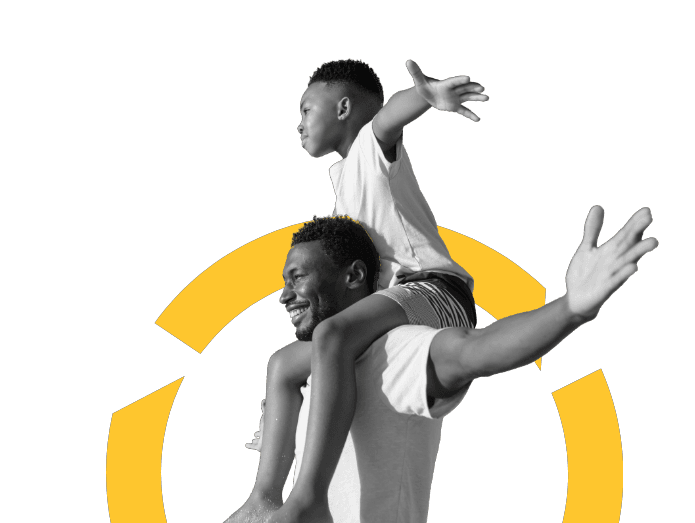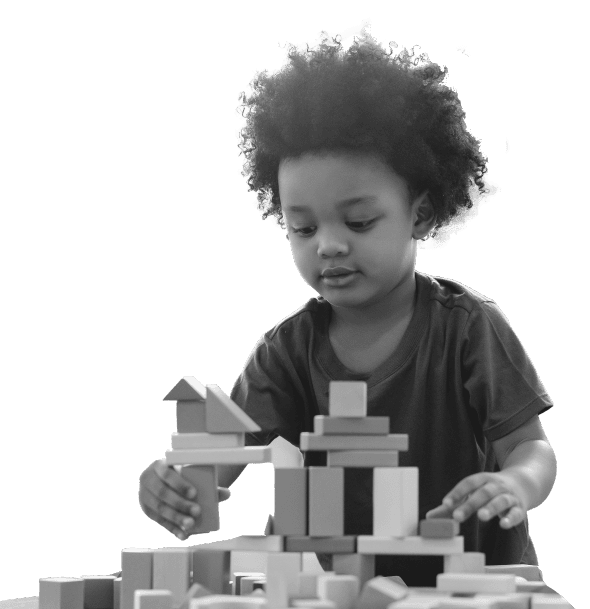By Judy Jablon and Nichole Parks
We know that children thrive in communities that thrive. Life in community is central to our shared humanity. It’s how we listen to each other, reflect on our strengths, support others, and learn and grow in partnerships. Sometimes, though, connection, support, and belonging feels distant. When we lose it, how can we create connection for children? From systemic injustices to the small worries of daily life, it can be hard to stay intentional about how to be with and for each other.
Creating the communities we need and want to see for children starts with each of us. A first step is reconnecting with our intention.
We see this in action with our partners in Tallahatchie County, Mississippi, where the amazing adults in children’s lives are building community through reflection and intention. Tallahatchie County, in rural Mississippi, has a population of approximately 15,000, and two county seats — one on the east side, the other on the west side. Each side has its own strong sense of identity. LFC’s invitation to partner with the Tallahatchie Early Learning Alliance (TELA) has been with the goal of strengthening the county’s early learning for children and families by bridging these identities to create a strong, cohesive community of support.
We’re all learning about the role each person’s intentionality plays in collectively strengthening community across differences and divisions. Individually and in community conversations, the adults in children’s lives are discovering how their individual identities and interactions with others create spaces of safety and support for all. By intentionally reflecting and connecting, they are successfully creating networks of partnerships, rooted in equity.
The wisdom of community members gives us all strategies for community building:
1. Recognize the impact of our emotions
To cultivate thriving networks of relationships, it’s vital to notice our feelings. Most often we are unaware of how personal stress and frustration unexpectedly seeps into interactions, causing connections to go sour. As Tallahatchie County community members came together, they shared how cultivating consistent reflective practice helps them recognize their feelings and set intentions for how to be with others.
“Self-care is so important! I am a leader and I have to be careful with my energy and cognizant of my emotions. I can control how I feel.”
2. Connect to create spaces of safety and belonging
Tallahatchie County community members noticed how, by intentionally listening and welcoming input from others, they built relationships based on trust. They reached out to others and actively incorporated feedback, conveying to others that they’re seen, heard, and respected.
“As leaders we take on a lot. I am working on listening and ensuring staff and students know I am available, I care, and they have a safe space to share.”
3. Create networks of mutual respect and support
When we prioritize two-way relationships, giving and receiving support is the expectation. As members of the Tallahatchie County community thought together about the ways they interact with each other, they noticed how reciprocally sharing wisdom helps them define common goals for their community.
“We can ask for assistance from others. This allows you to show that you are accepting of the ideas of others and respect their opinions and are willing to work together towards a common goal or solution.”
With intention in the way we show up with and for others, we can build stronger communities. To cultivate a practice of intention-setting, we invite you to incorporate one simple activity: take a moment to pause and consider a feeling, an interaction, or an aspect of your environment. It doesn’t need to last long; just a moment to reflect and set a course of action.
When we pause, we can reflect, be curious, quiet assumptions, and listen. We can listen to learn rather than listen to respond. We can question unconscious biases and engage in ways that are more equitable. We can engage in relationships with a mindset of active inclusion. Over time, a consistent practice of reflection and intentions setting, can help us build networks of equitable relationships. It’s these networks that are the foundations of community and the expression of our shared humanity that we model each day for children.
